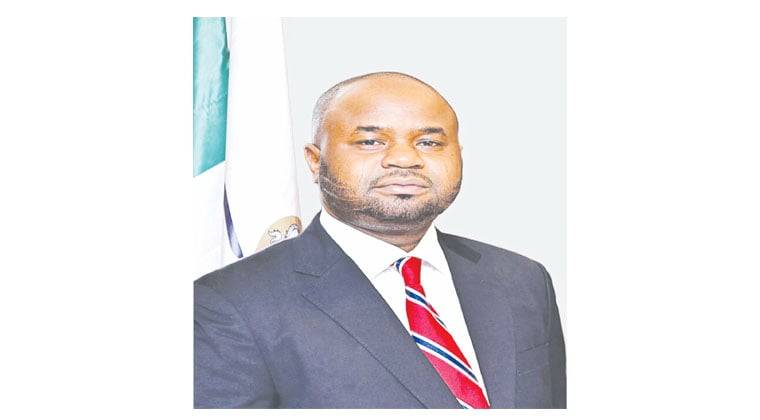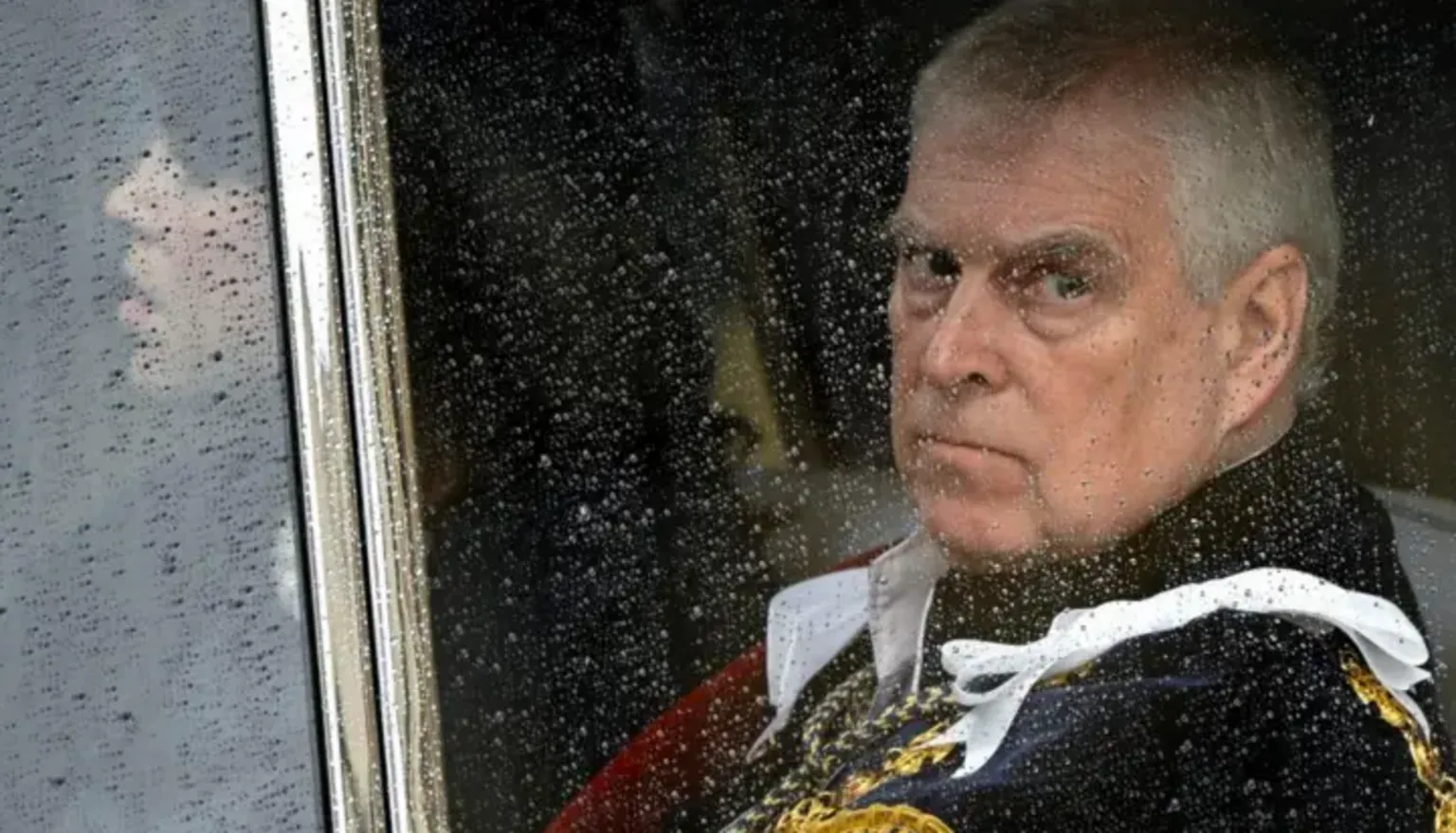By Sam Omatseye
The problem with revenge is that it never succeeds. That, sometimes, is the problem of official justice. Everything often tends to be based on the law, but law is only a part of justice. We however tend to equate, tragically, law with justice.
Henry David Thoreau pondered this when he wrote that, “The law never made anyone a whit more just.”
The idea of the prerogative of mercy that the president exercises is to bring a human, softer element to the hard face of the law.
It is the story of crime and punishment. No one wants a criminal, especially of the hardened variety, in their neighbourhood. The murderer, kidnapper, robber, drug baron, et al, represent the poisoned scum, the scoundrels in our bloodstream.
We want them dead. We want them locked away. Not their faces, not their sound, not their scents, or their breaths must pollute the air in our garden. So, when the president pardoned some of them, the impulse to yell was overwhelming.
Even though we would quote Alexander Pope’s line: “To err is human, to forgive is divine,” it becomes abstract, even cruel when it comes close to us. Yet, we are a religious people, and all the faiths applaud pardon. All love God for his forgiveness of our sins. But we are not willing to let it work for the worst among us. We want God to forgive man.
But many do not understand a number of points. One, the prerogative means it is a special power granted by the law, and that means the president can exercise without being questioned. It also assumes that the president would not act without reason.
Two, mercy also means the beneficiary is not innocent. Mercy is for the sinner, not even the sinned against. In his case, he set a committee under the office of the attorney general, Lateef Fagbemi, and it unfurled a list of 175 citizens.
Then the uproar. It shows our fears, and our sense of righteousness. But mercy is to cleanse, not to criminalise. We are seeing the list as endorsement. There is a reason the prison is called a correctional facility. It is to correct.
In the United States, it had a puritan tone, and it was called a penitentiary; that is, a place for bad folks to gain penitence.
Prisons are not for saints. Mercy is not for saints. The best abode for mercy, therefore is for the sinner. Christ said: “I come not for the righteous, but sinners.”
Many know little about the names. We do not know their journeys. We just know that they have done bad things. Have they turned the corner? Are they undergoing a process of penitence, or becoming better souls? The process of pardon is not random? They are recommended, and it is based on those who know them, and evidence of progress they might have undergone since their conviction.
One sore point is Maryam Sanda, who slaughtered her husband. She was recommended for pardon on the request of her father in law, who said she should be released to care for her two children. Those who know her say she has exercised remorse. If justice is to revenge, then we are overlooking another definition of mercy. That is, mercy as a rescue effort. Shall we destroy the mother and the two children? Or shall we save the two children with the pardon of a possibly repentant mother?
What we are showing is probably not justice, but revenge. The mob is angry because it is trying to exercise its own prerogative of revenge. That is why the best example is that of Christ and the adulterous woman. “He who has no sin should cast the first stone.” The law saw its restraint in mercy immediately.
In another instant, Christ was about to die, the robber beside him asked, “Lord, remember me when thou comest to thy Kingdom.” The Lord replied, “I say unto thee today, thou shalt be with me in paradise.”
He was reflecting the power of mercy over law and over judgment. Remember in the book of Exodus, the mercy seat is above the ark of covenant. That means we must have the law, but mercy is superior. If we do not accept mercy for the worst among us, it means judgment without mercy. Apostle James says mercy prevails over judgment. James and Christ reflected on the mercy seat.
The law is good, but law is brutal. We often speak of the spirit of the law, because the letter of the law, like the ark of covenant, can kill. It killed Uzzah in the Old Testament. He did not enjoy mercy. Hence John said, the “law was given by Moses, but grace and truth came by Jesus Christ.” We no longer live in the world of an eye for an eye, which makes everyone blind. But of the other cheek.
In his novel, The Brothers Karamazov, Russian novelist Fyodor Dostoeyevsky muses on the meaning of the word jurisdiction.
A character wondered if there could be a neat divide between church and state even if the law says it. The jurisdiction could be in the mind, and where the power of church may go beyond the temple. The temple is the mind and so it is difficult to define.
For instance, if the magistrate is beholden to the mercy of his faith more than the strict adherence to law, shall we say the legal jurisdiction has power over the judge? The west borrowed the church and state concept from the Islamic States around the Crusades.
Shakespeare defined mercy in one of the soulful perorations of his poesy in Merchant of Venice. “The quality of mercy is not strained./ It droppeth as the gentle rain from heaven/ Upon the place beneath. It is twice blessed:/ It blesseth him that gives and him that takes. / ‘Tis mightiest in the mightiest. It becomes/ The thronèd monarch better than his crown./ His scepter shows the force of temporal power,/ The attribute to awe and majesty/ Wherein doth sit / the dread and fear of kings, / But mercy is above this sceptered sway. /It is enthronèd in the hearts of kings. /It is an attribute to God himself. /And earthly power doth then show likest God’s / When mercy seasons justice.”
Here we go. If it is like the gentle rain, the place beneath is hard, like a hardened criminal. It is also a testament to a society that when it gives mercy, it receives mercy. A sour society shall not enjoy the clemency of time.
After the First World War, Parisians mobbed the defeated German delegation for the Treaty of Versailes. They threw stones and hurled abuses, and asked for revenge. They said they should squeeze them till their “kids squeaked.” The air of revenge did not cleanse Europe. It brought the Second World War and Hitler and the bloodiest slaughter in history.
The French also, under Charles de Gaulle, inaugurated what was known as epuration or the purges or purification when the society turned on the collaborators when Germany occupied France during World War II. Thousands were sentenced to execution, public disgrace, and women’s heads were shaved in public for sleeping with German soldiers. It was not justice but revenge. Its scar still haunts the souls of the republic today.
Nobel Laureate Albert Camus, who was for the purges until he recoiled at its bloodletting, said: “it is human justice with its tremendous defects.”
Justice Minister Fagbemi has said the list may be reviewed. It is a response to feedback. The irony is that those in uproar are not even in the mood to forgive the forgiver if they made a few errors. Again, it is still within the prerogative of the president to review or not to. Whatever the case, those who are pardoned, may not take the disgrace off their images. It is a stain they will never overcome years after they step out of jail. It is like Dostoyevsky’s Crime and Punishment when the murderer never knows peace even though he walks free on the streets. Or Hawthorne’s novel, The Scarlet Letter, in which the sinner carries the letter A on her chest as a forever indictment.













